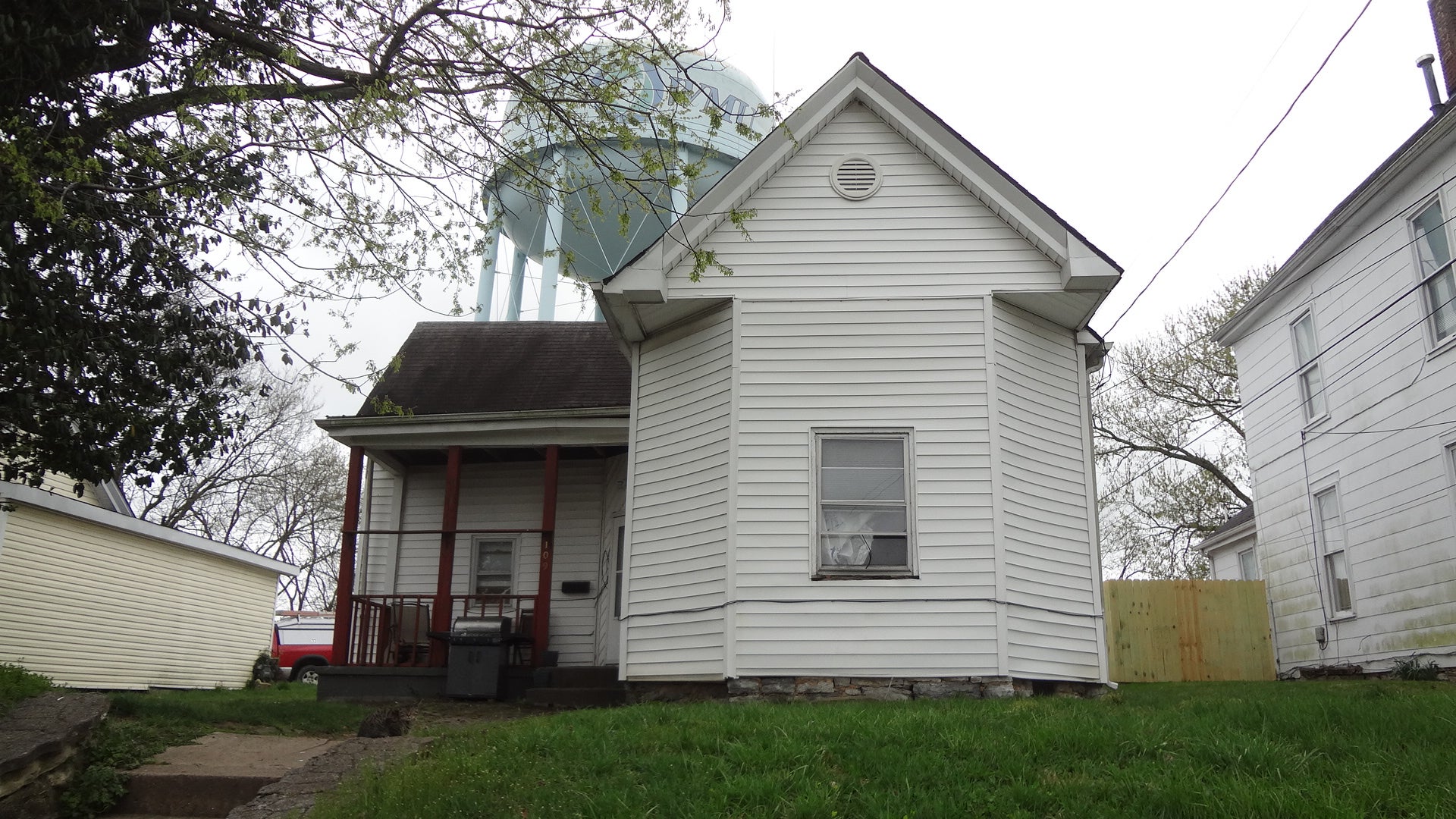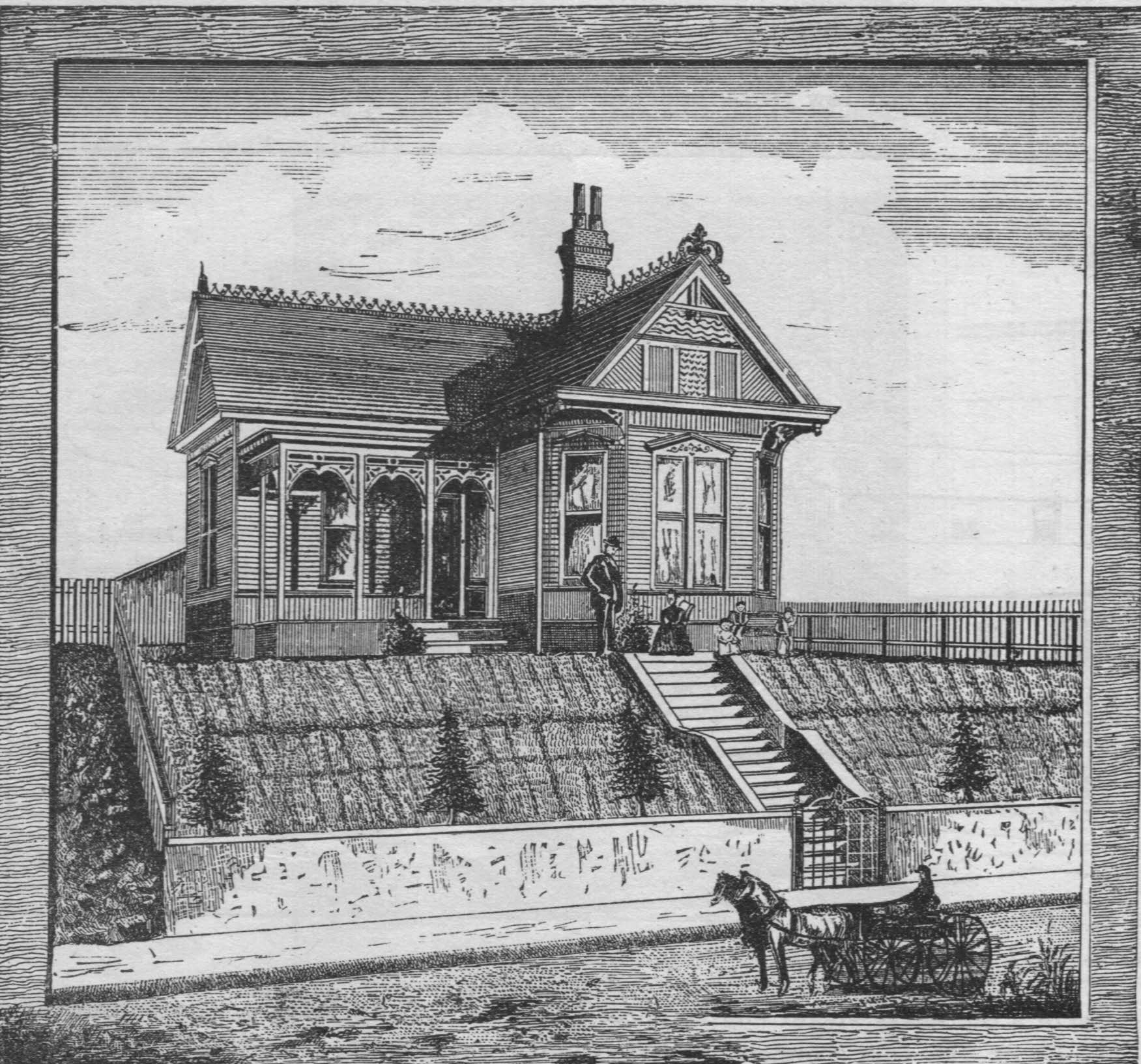ENOCH: The history of the R.R. Perry House
Published 10:20 am Friday, April 24, 2020
|
Getting your Trinity Audio player ready...
|
The L-shaped house at 109 N. Highland St. has lost much of its ornamentation from the version pictured in the 1889 Handbook.
This was the residence of Robert Richard “R.R.” Perry (1844-1934) located near the railroad depot.
Perry was born in Anderson County, and orphaned at an early age.
During the Civil War, he enlisted in the Union Army and served in the 9th Kentucky Cavalry.
After the war, he located first in Versailles, where he worked as a plasterer.
In 1885, he came to Winchester and opened a coal yard, Perry & Whittington, then Perry & Evans on Main Street, which traded in coal, lumber, hay, oats, corn, cement, firebrick, shingles and other supplies.
In 1894, Perry was elected to the City Council. He also served three terms as Winchester postmaster from 1898 to 1910.
He had extensive dealings in real estate and, in 1890, laid out a new subdivision on the north side of Winn Avenue called the Perry Addition (now Goldie Avenue).
In 1908, he erected the building at the corner of Cleveland Avenue and Wall Street that would house the wholesale grocery of Parrish & Bradley and today is home to The Winchester Sun.
In 1901, Perry entered the newspaper business with J.B. Harris to establish The Winchester Sentinel.
Within a year, The Sentinel claimed the largest circulation of the three local papers.
In 1903, The Sentinel merged with The Sun to become The Sun-Sentinel.
Five years later, Perry and Joe R. Martin launched the city’s first daily newspaper, The Winchester News.
Perry continued to edit The Sun-Sentinel, while his daughter Goldie was the editor of The News.
In a reorganization in 1911, the Winchester Publishing Company was incorporated with Perry as a major stockholder. The following year, The Winchester Sun came into being and The News was laid to rest.
R.R. Perry was a very civic-minded individual.
Locally, he served as president of the Board of Education for five years, was a director of the Commercial Club, participated in Grand Army of the Republic events and belonged to the Independent Order of Odd Fellows, the Redmen and Elks.
He led the drive to establish the Odd Fellows Widows’ and Orphans’ Home in Lexington.
After his wife, Belle, passed away, Perry moved to Horse Lick in Jackson County, where he lived with his daughter, Clyde.
In November 1934, he was admitted to the hospital with gangrene caused by an injury to his hand. He died there of pneumonia several weeks later.
Harry Enoch, retired biochemist and history enthusiast, has been writing for the Sun since 2005. He can be reached at henoch1945@gmail.com.







